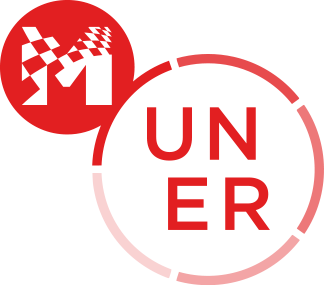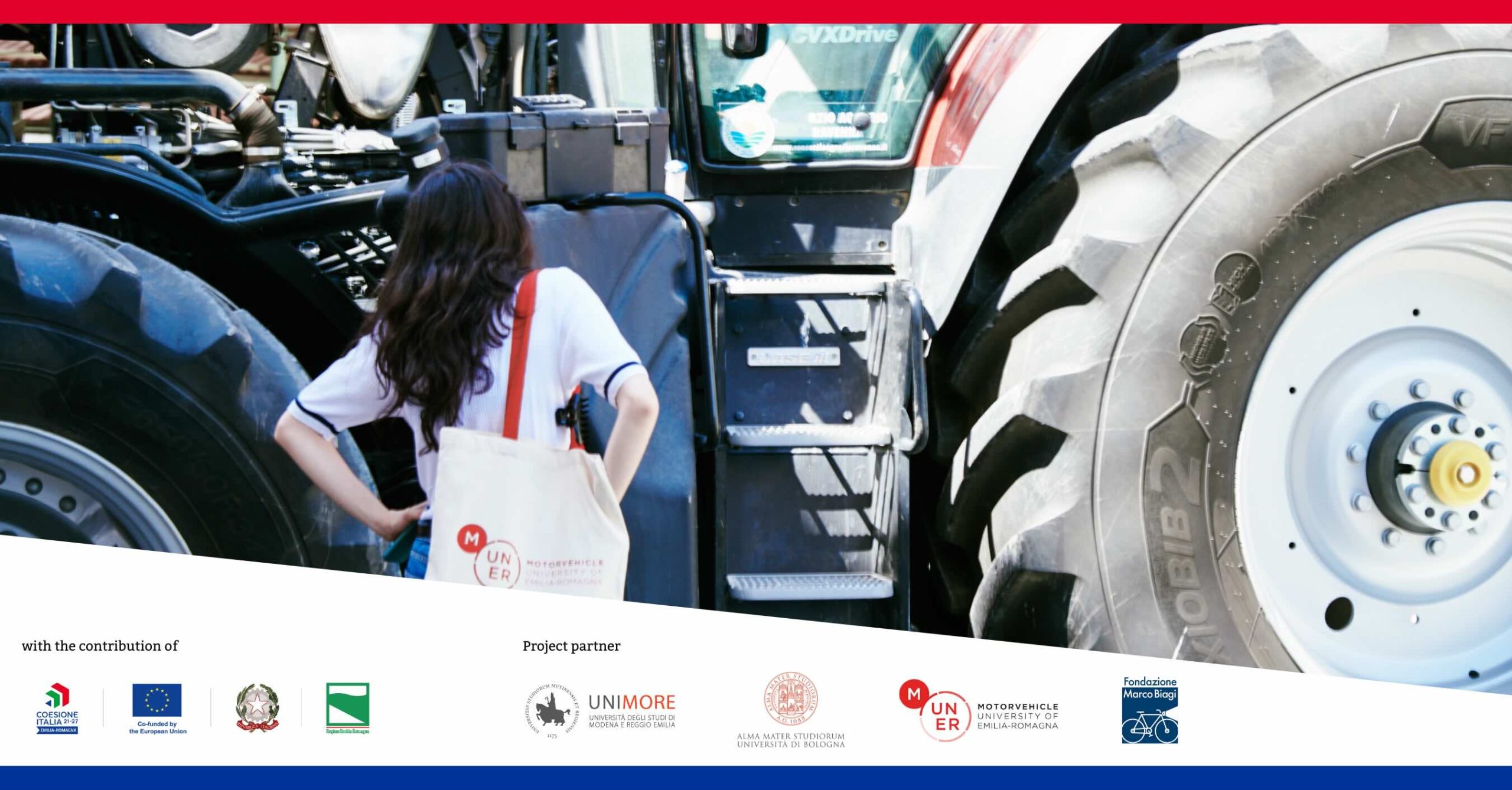Design of Off-highway Vehicles - exploring the New Generation of off-highway vehicles for future sustainability. This school is part of the MUSE – Motorvehicle University Skills Empowerment project, co-funded by the Region of Emilia-Romagna and FSE+ 2021/2027
Winter School in Off-Highway Vehicle Design
MUNER is always interested in and promotes new technological solutions from the automotive industry to meet the challenges of climate change. Off-highway vehicles are key to achieving the EU’s Sustainable Development Goals for reducing the fossil fuel burden of agriculture.
To this end, the Winter School in Off-Highway Vehicle Design promotes activities to involve and attract new generations of experts in the off-highway vehicle industry. The school offers a complete immersion in the world of off-highway vehicles.
The initiative also offers incoming orientation activities for the Masters Courses offered by MUNER. The program is integrated with practical experiences of the history and innovation of the Italian off-highway vehicle sector, as well as local beauty and culture.
The information provided on this page is part of the overall MUSE project communication, ensuring compliance with the regional reporting requirements.
in partnership with
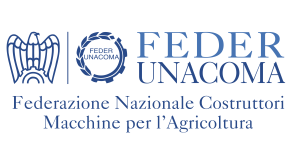
With the contribution of
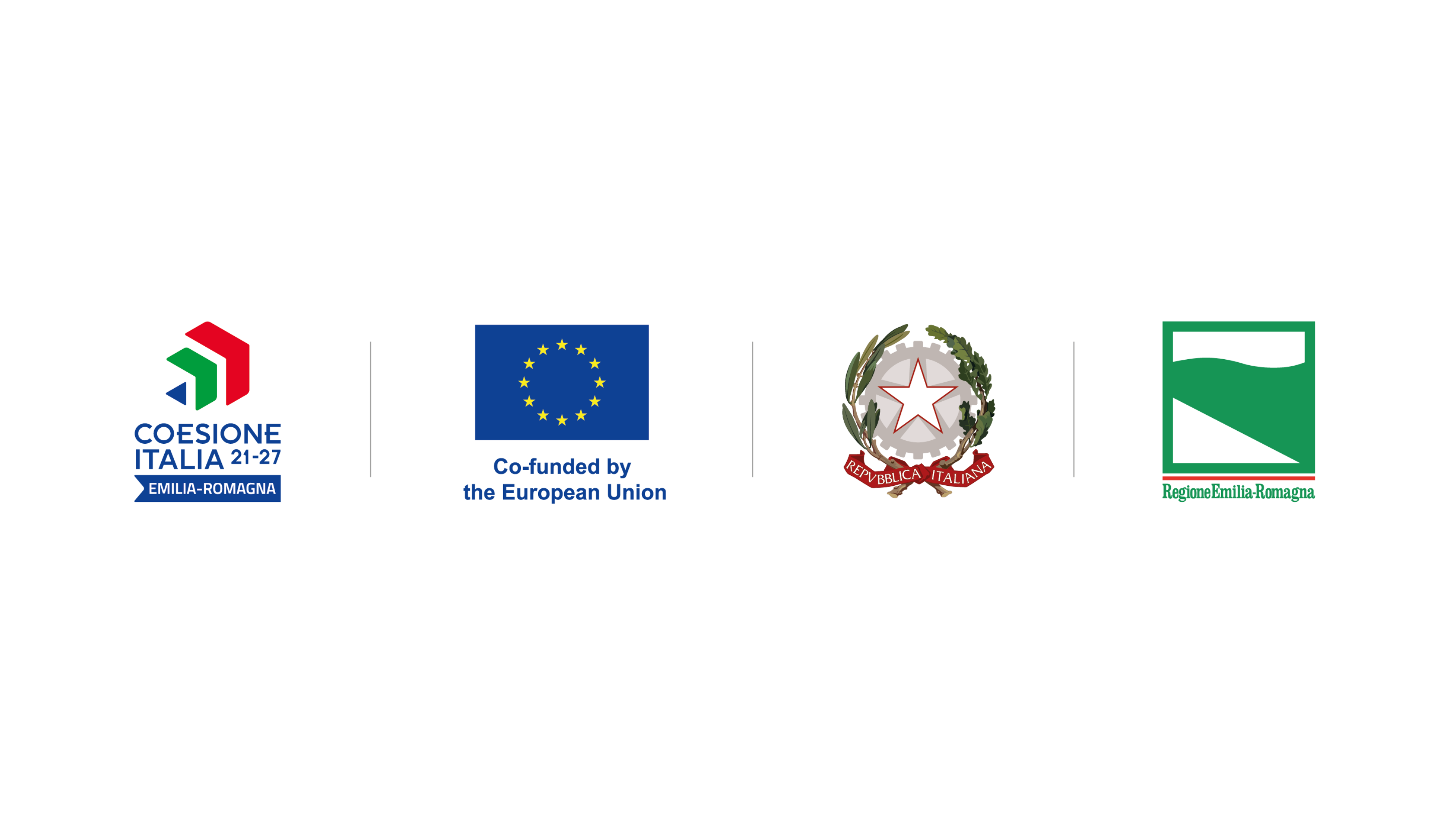
MUSE – Motorvehicle University Skills Empowerment is a high-level education initiative co-financed by the Region of Emilia-Romagna through regional funds (L.R. n. 25/2018, Article 2) and FSE+ 2021/2027. The project is designed to enhance the quality, inclusiveness, and international competitiveness of higher education in the Motor Valley, a key hub for leading automotive companies and advanced research institutions. By fostering a close collaboration between top regional universities and industry leaders, MUSE aims to develop advanced technical and digital skills, promote innovative training methodologies, and bridge the gap between academic education and labor market needs. This integrated approach not only strengthens regional excellence and transparency for citizens and stakeholders but also turns funding into tangible opportunities for both people and businesses.
MUSE project partner:
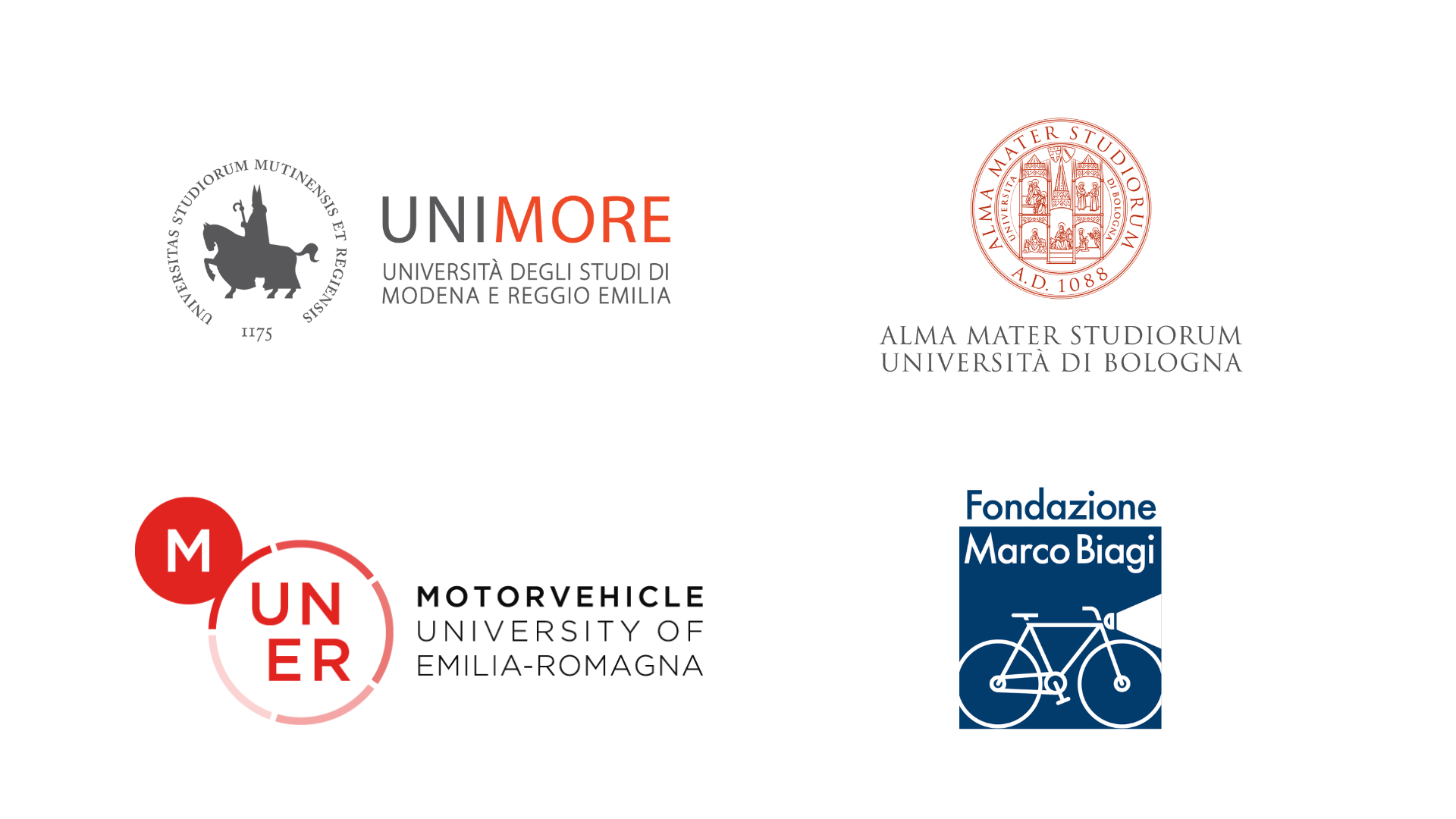
Details
Cultural activities and social events to immerse participants in the Italian culture.
Factory Tours, and meetings with experts in the field of off-highway vehicles.
Hands-on experience will be provided so that participants can touch and feel these vehicles in real-life scenarios. Moreover, participants will take apart a competition where they compete in groups and each group will design an off-highway vehicle, built a prototype that will be tested on specific challenges.
This will permit to students to experience the typical validation process of vehicles.
The Winter School is especially aimed at students in their second or third year of a Bachelor’s degree in Mechanical or Vehicle Engineering, though students in other engineering or STEM-related programs, with a passion for off-highway vehicles, are also welcome.
Note: Among the total selected candidates, at least 14 students must be residents of Emilia-Romagna or enrolled in a regional university, in order to comply with MUSE project reporting requirements.
-
Intensive training week: 24–31 October 2025
-
Follow-up Fridays: 7, 14, 21, 28 November; 5 December 2025
On site at the Department of Agricultural and Food Sciences – UNIBO (viale G. Fanin 50, Bologna) and at CNH Italia (viale delle Nazioni 55, Modena).
Off-highway vehicles: description, field uses, and challenges in their development
Theory:
-
- Basics of terramechanics
- Description of traction devices (i.e., tyre, link tracks and continous flexible tracks)
- Modeling, Control and Testing of Advanced Powertrains: Introduction and Overview of Off-highway Applications
- Fluid Power Systems overview for modern Off-Highway applications
- Opportunities and challenges for the Electrification of Off-Highway Vehicles
- Homologation tests descriptions
- Testing and design of drivelines
- Tractor product validation
- Vehicle product engineering
Practice:
-
-
- Team building
- Hands on group challenge: design and build a working prototype, then put it to the test in a competitive showcase
- Presentation Exercises with Experts
- Factory Tours
- Social Events
-
All activities will be held in English.
The school has a limited number of places, which varies from year to year, but it is usually around 25.
Places will be allocated on the basis of candidate assessment.
Note: Among the total selected candidates, at least 14 students must be residents of Emilia-Romagna or enrolled in a regional university, in order to comply with MUSE project reporting requirements.
Application via online form only, with mandatory submission of CV and academic transcript; final selection will be based purely on academic merit, and up to 25 participants will be admitted.
Deadlines:
-
-
Application opens: 1 September 2025
-
Deadline for applications: 13 October 2025
-
Program starts: 24 October 2025
-
Individuals with a passion for off-highway vehicles who are currently pursuing or have completed a bachelor’s or master’s degree in a STEM field. Applications from students in other fields (e.g., agricultural sciences, physics…) are also accepted.
A scientific committee will select candidates on the basis of their CV, GPA, obtained CFUs and extra-curricular experiences related to off-highway vehicles. Selected candidates will be informed by e-mail about the registration procedure.
Note: Applicants will be evaluated not only on academic and technical competencies but also on their eligibility according to MUSE project guidelines. Specifically, at least 14 students must be residents in Emilia-Romagna or be enrolled in a regional university.
The email address provided will be used for all formal communication, please ensure it is active and checked frequently.
Personal data and all information provided will only be used for the purpose of evaluating candidates in accordance with the Privacy Policy.
A symbolic fee of €90 is required to cover accessory expenses only (e.g. meals, materials, logistics)
All training activities are provided free of charge.
Note: The participation fee does NOT cover the educational activities or any part of the School’s training offer. It is solely intended to cover ancillary expenses such as accommodation, transportation, meals, and other logistical costs related to the program.
